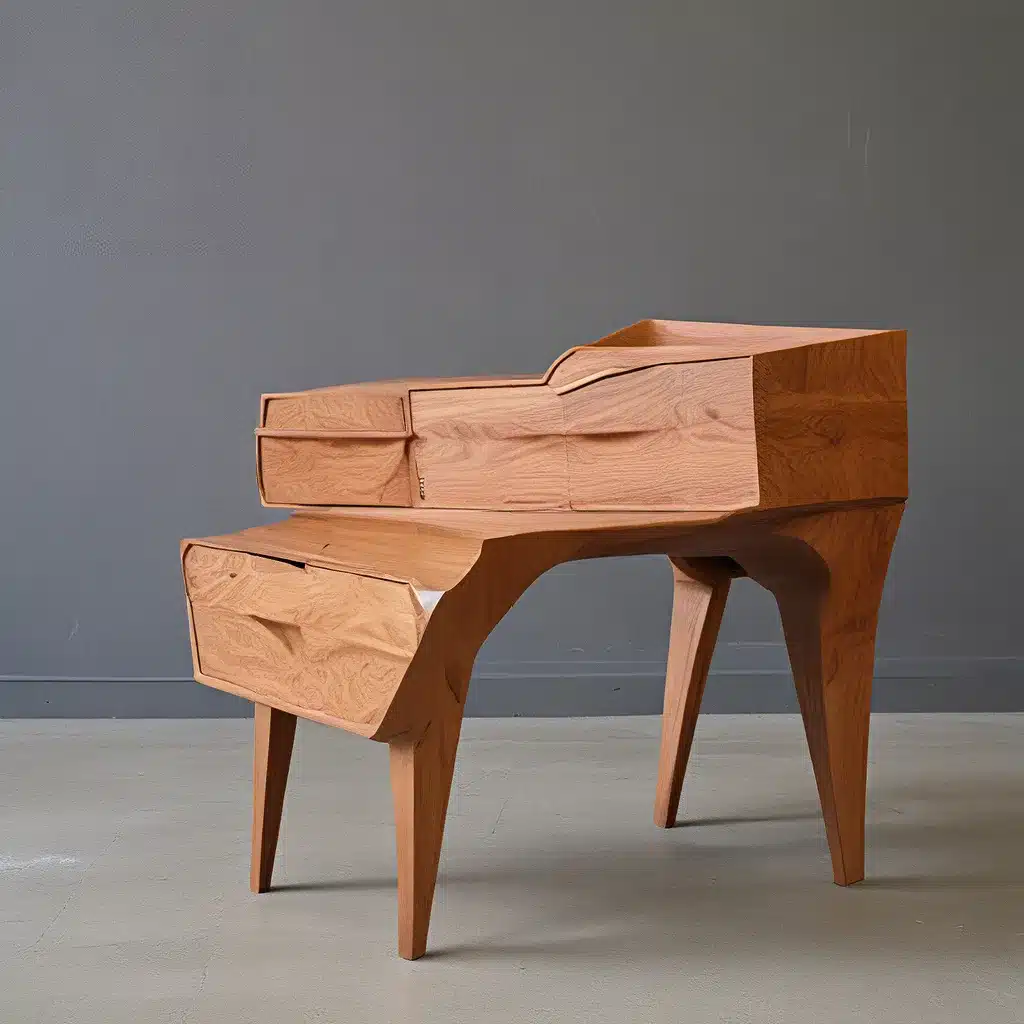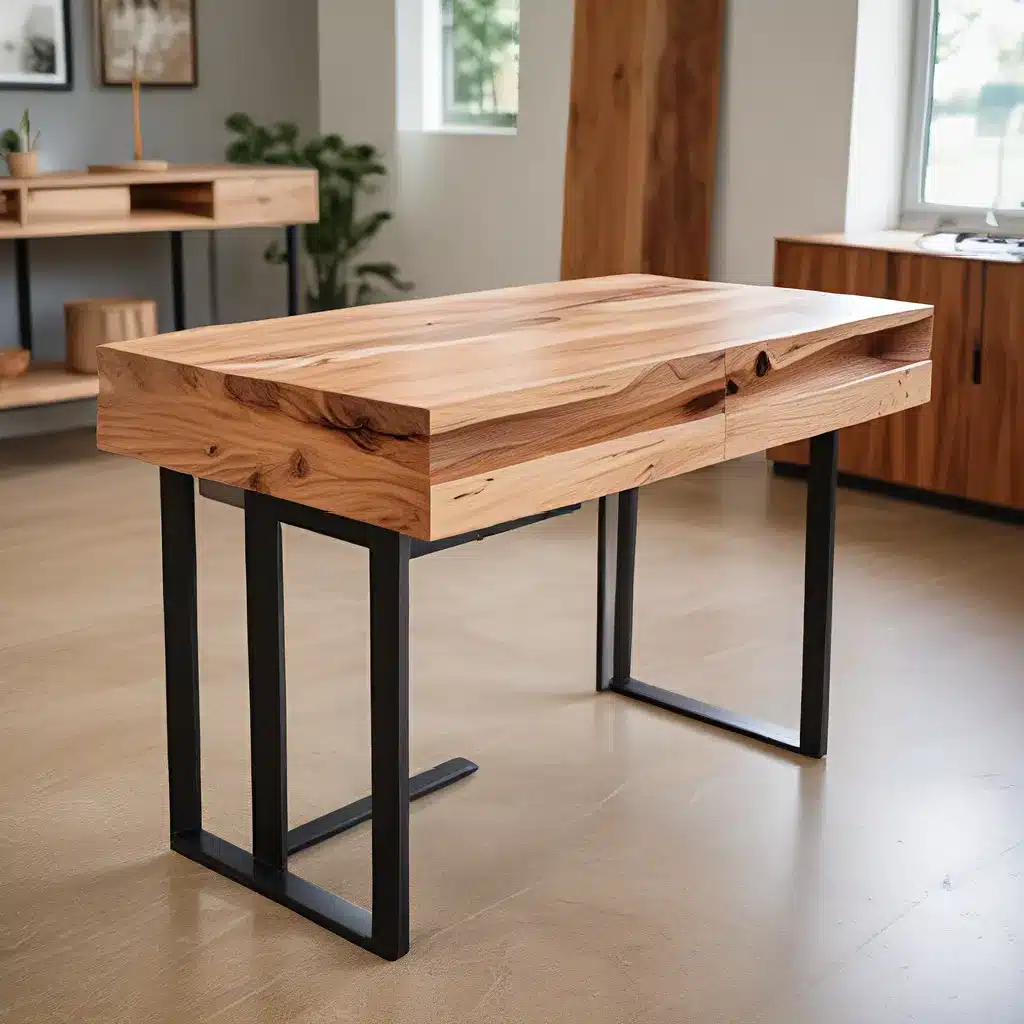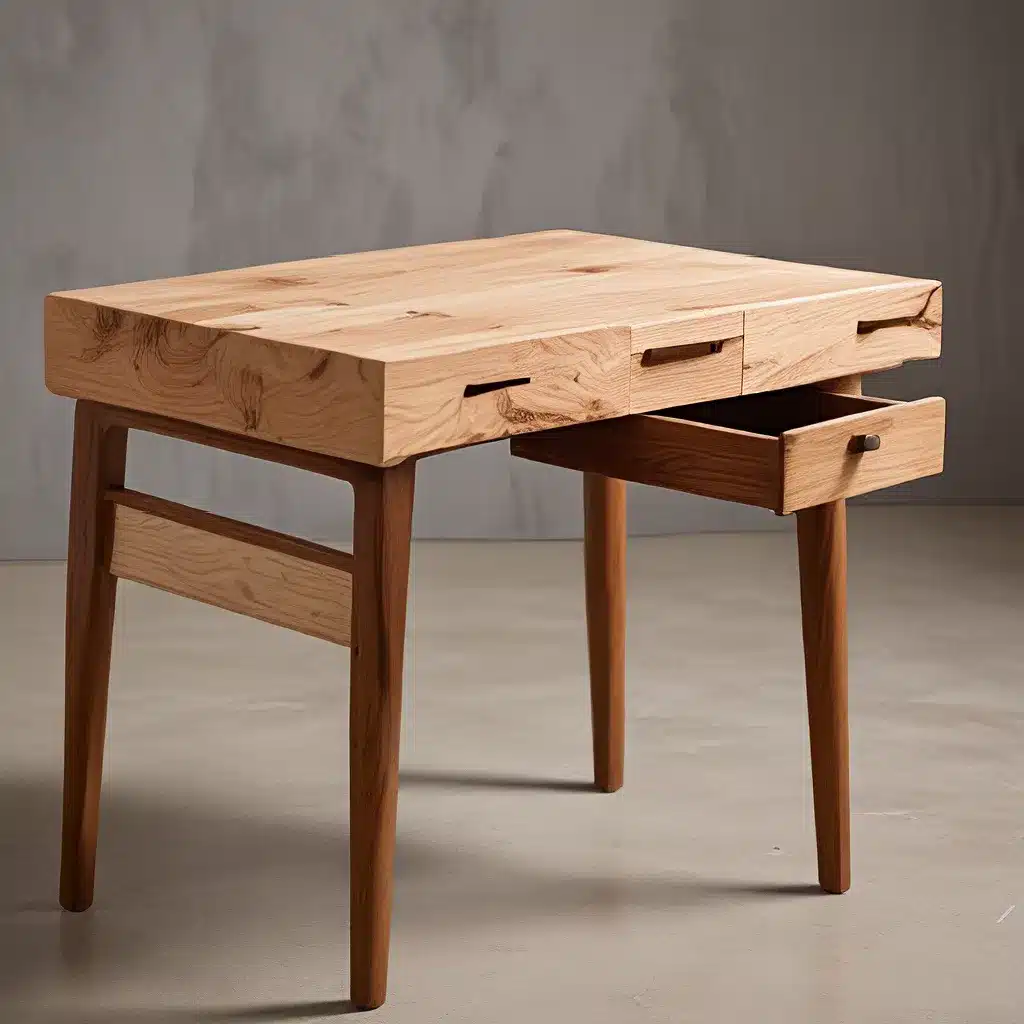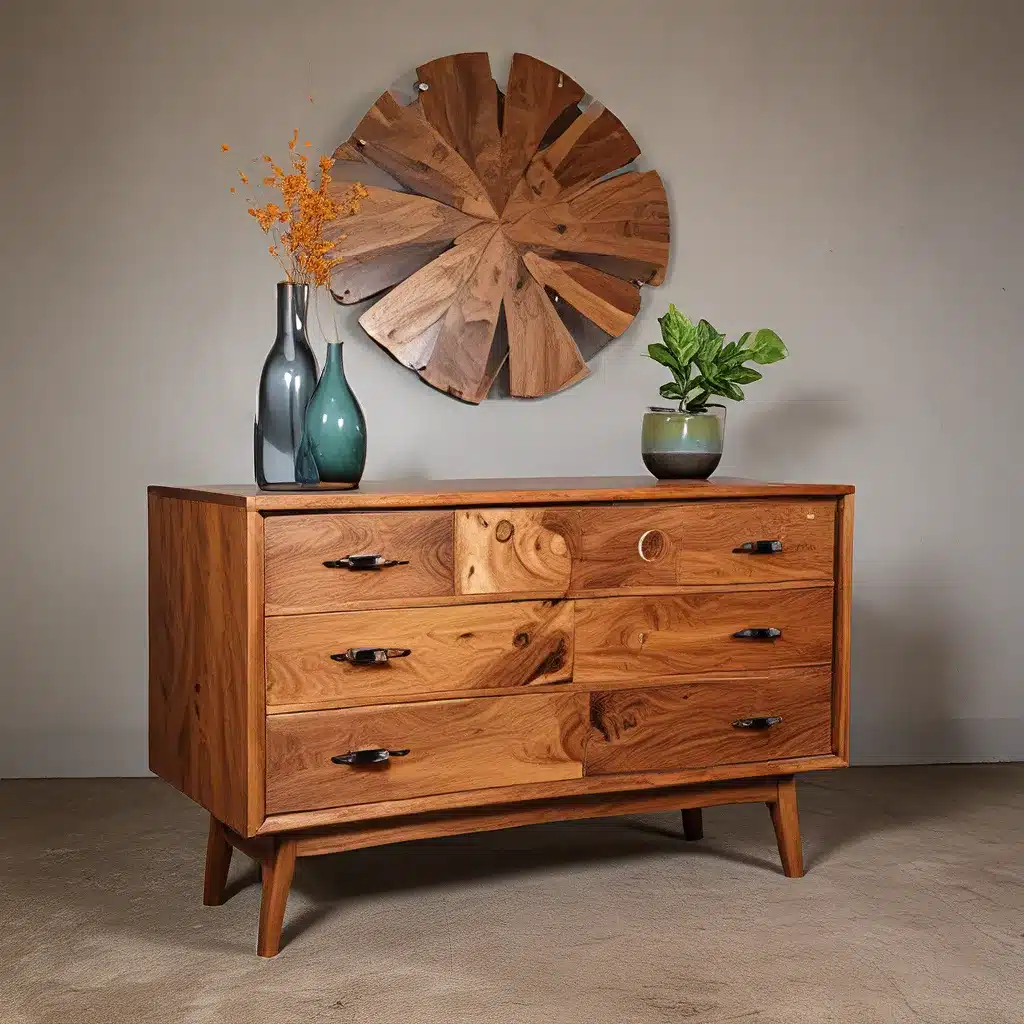Welcome to our comprehensive guide on sustainable sophistication. In this article, we will delve into the world of lesser-known wood species and explore how they can be harnessed to create beautiful and eco-friendly furniture. As the demand for sustainable products continues to rise, it is crucial to explore alternatives to popular wood species that may be overexploited or contribute to deforestation. By opting for lesser-known wood species, we can not only create unique and stylish furniture but also promote environmental conservation. So, let’s dive in and discover the wonders of these hidden gems!
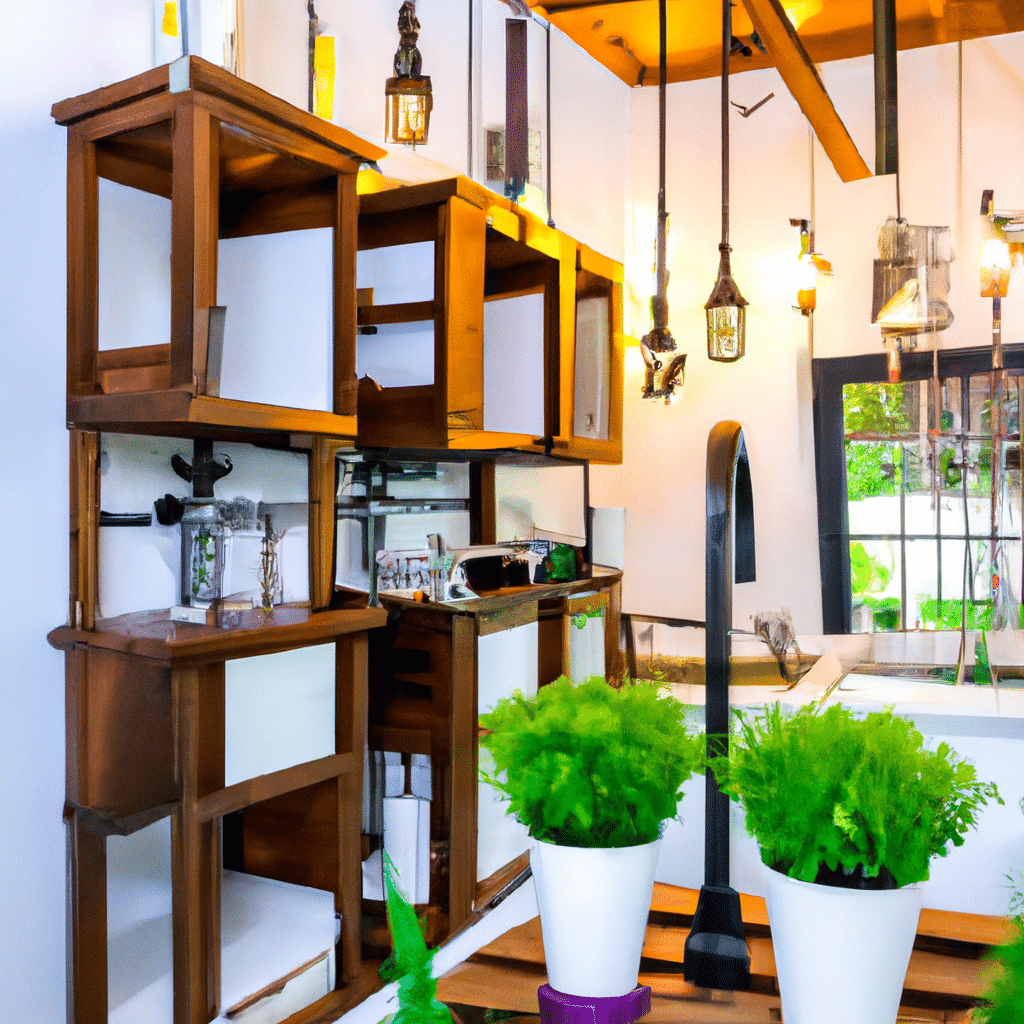
The Importance of Sustainable Furniture
Before we explore the lesser-known wood species, let’s first understand why sustainable furniture is of paramount importance. In an era where climate change and deforestation are pressing concerns, it is crucial to make conscious choices that minimize our impact on the environment. Traditional furniture production often involves the use of popular wood species such as oak, mahogany, or teak, which are known for their beauty and durability. However, the high demand for these species has led to extensive deforestation and habitat destruction.
By opting for sustainable furniture made from lesser-known wood species, we can support responsible forestry practices and reduce our carbon footprint. These wood species are often sourced from well-managed forests or reclaimed materials, making them a more environmentally friendly choice. Additionally, sustainable furniture manufacturers prioritize ethical labor practices, ensuring fair wages and safe working conditions for their employees. So, not only can you enhance the aesthetic appeal of your living spaces, but also contribute to a greener planet.
Exploring Lesser-Known Wood Species
1. Acacia
Acacia is a versatile wood species known for its durability and natural resistance to rot and pests. It possesses a unique grain pattern that adds a touch of elegance to furniture pieces. Acacia is predominantly sourced from sustainable plantations, minimizing the impact on natural forests. Its light to medium brown color with prominent knots and streaks makes it an excellent choice for both contemporary and rustic furniture designs.
2. Bamboo
Bamboo is renowned for its rapid growth and sustainability. It is a grass rather than a wood species but shares similar properties with hardwood. Bamboo furniture offers a sleek and modern aesthetic, perfect for minimalist or Asian-inspired interiors. With its exceptional strength and durability, bamboo furniture can withstand the test of time. Moreover, bamboo cultivation promotes soil stability and absorbs a significant amount of carbon dioxide, making it an eco-friendly choice.
3. Rubberwood
Rubberwood, also known as plantation hardwood, is a byproduct of the rubber industry. Historically, rubber trees were harvested for their latex, leaving the wood unused. Today, rubberwood is gaining popularity in furniture production due to its sustainability and attractive grain patterns. By utilizing rubberwood, we can reduce waste and promote the efficient use of resources. Its light color and smooth texture make it suitable for a wide range of furniture styles.
4. Sheesham
Sheesham, also known as Indian Rosewood, is a dense and durable wood species native to the Indian subcontinent. It is highly valued for its rich, dark brown color and unique grain patterns. Sheesham furniture exudes elegance and sophistication, making it a popular choice for both traditional and contemporary designs. The slow growth of Sheesham trees ensures its sustainability, as responsible forestry practices are in place to protect these valuable resources.
5. Teak Alternatives
Teak is widely recognized for its exceptional durability and resistance to outdoor conditions. However, due to its popularity, teak forests have been subjected to overexploitation. To combat this issue, sustainable furniture manufacturers have started exploring alternatives to teak. Lesser-known wood species such as eucalyptus and acacia are being utilized as sustainable alternatives, providing comparable durability and aesthetic appeal.
The Advantages of Lesser-Known Wood Species
Environmental Benefits
Opting for furniture made from lesser-known wood species offers several environmental benefits. Firstly, it reduces the demand for popular wood species, thereby minimizing deforestation and habitat destruction. Secondly, sustainable forestry practices ensure the replenishment of these resources, promoting biodiversity and ecosystem conservation. Lastly, using reclaimed or recycled wood materials further reduces waste and carbon emissions.
Unique Aesthetic Appeal
One of the most exciting aspects of using lesser-known wood species is the opportunity to create unique and distinctive furniture pieces. Each species possesses its own distinct grain patterns, colors, and textures, allowing for endless design possibilities. By incorporating these lesser-known species into your furniture, you can add a touch of individuality to your living spaces.
Durability and Longevity
Contrary to popular belief, lesser-known wood species are not inferior in terms of durability and longevity. Many of these species, such as acacia and sheesham, exhibit excellent resistance to rot, pests, and weather conditions. When properly cared for, furniture made from these species can last for generations, making them a wise investment.
Conclusion
In conclusion, sustainable sophistication is within reach by harnessing the power of lesser-known wood species for eco-friendly furniture. By opting for these alternatives, we can contribute to the conservation of natural resources and promote responsible forestry practices. Acacia, bamboo, rubberwood, sheesham, and teak alternatives offer a wide range of aesthetic options while ensuring durability and longevity. Let’s embrace the beauty of these hidden gems and create a more sustainable future for our homes and the planet.




